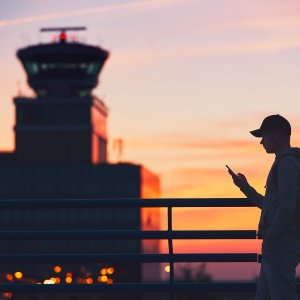Traveling between the coast of Tenerife and the urban pulse of Barcelona can be responsible luxury. Discover how Biosphere Certified hotels turn sustainability and comfort into a unique experience.
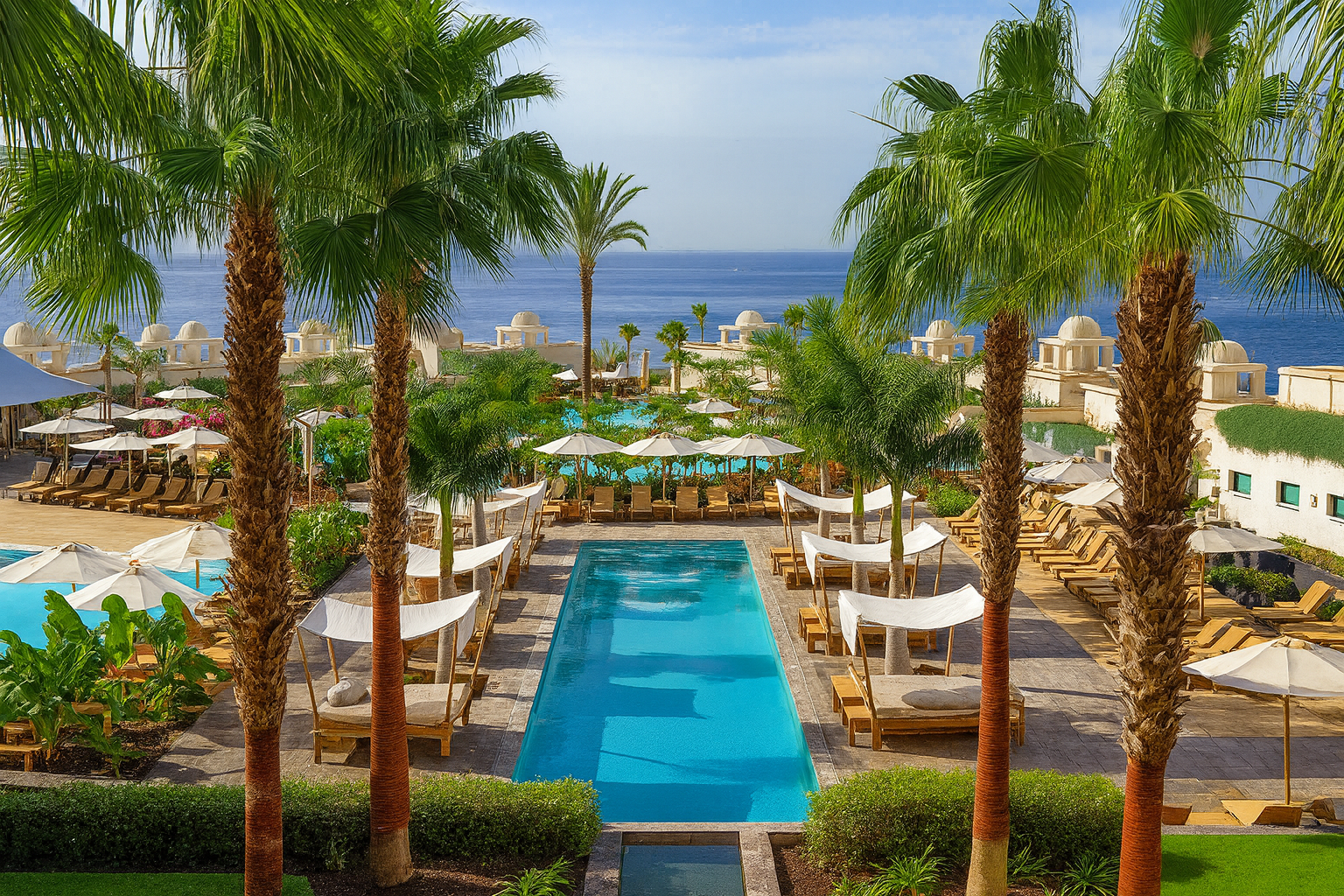
The new luxury traveler doesn’t collect room keys; they collect conscious decisions. Each reservation becomes a statement of intent—to reduce environmental impacts, care for the people who make the experience possible, support local economies, and demand real traceability in management.
This article explores how to combine beach and city stays in high-end accommodations that place sustainability at the center, a serene luxury measured in honest comfort, quality time, and verifiable data.
A new luxury tied to sustainability.

Sustainable luxury is not a green aesthetic; it is measurable management. Water and energy consumption per stay, CO₂ emissions, waste reduction, accessibility, and equality are no longer implicit commitments but public and verifiable indicators.
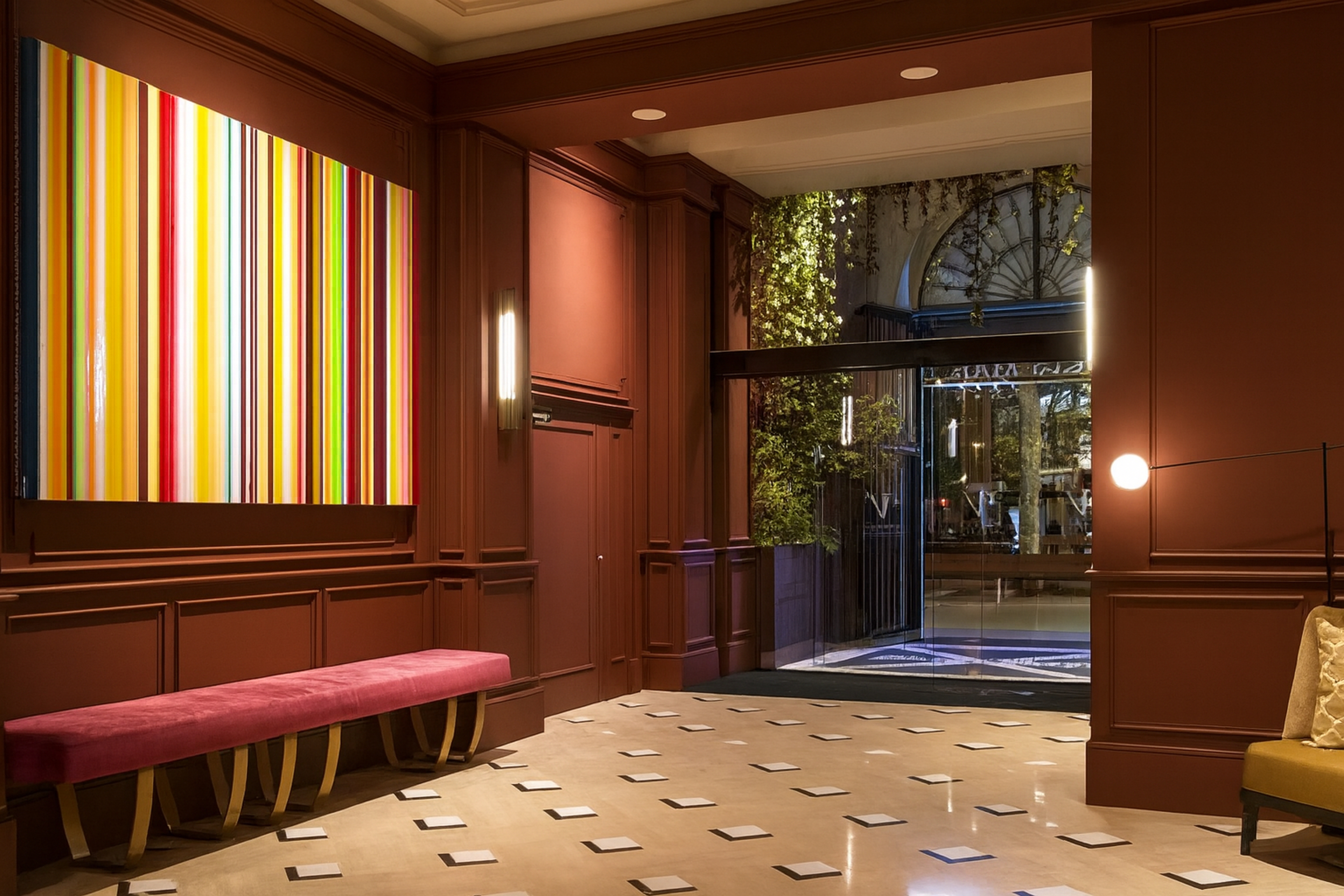
When an establishment audits its results and submits them to recognized standards such as the Biosphere Certified seal, it offers more than a promise. It provides the guarantee that personal well-being and respect for the environment coexist in harmony. Thus, enjoying the beach and the city without giving up excellence or the planet is possible.
Vincci Selección La Plantación del Sur, conscious luxury in Costa Adeje.

On the gentlest Atlantic shore, Vincci Selección La Plantación del Sur in the municipality of Adeje, Tenerife, shows that rest can also regenerate.
The hotel holds the Biosphere Certified certification, which verifies the real implementation of sustainable practices. It has completed much of the Biosphere activity catalog, integrating well-being and territory under the same approach.
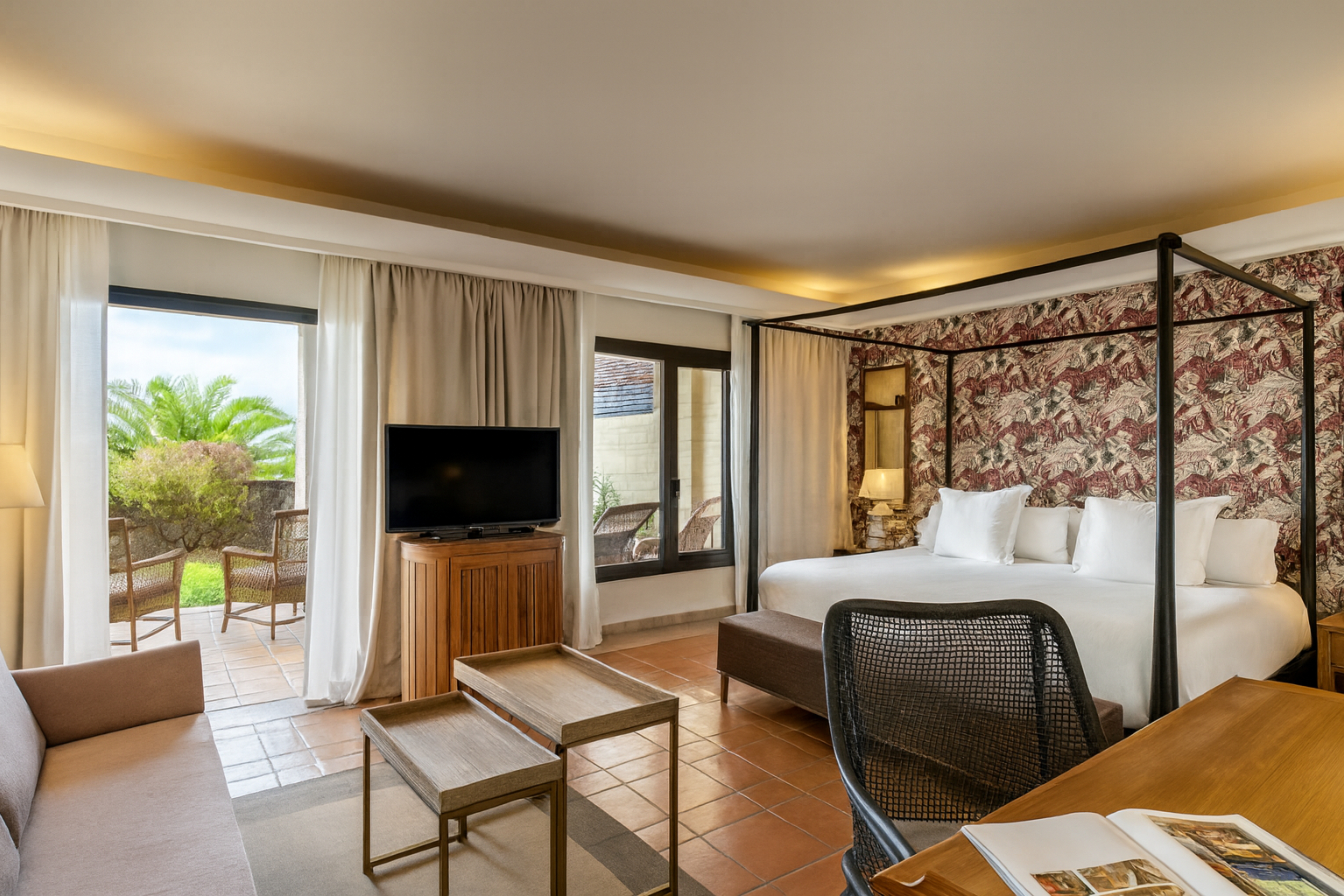
Its actions include climate resilience to protect people and the environment, stewardship of local biodiversity by avoiding invasive species, and partnerships with destination stakeholders that strengthen the island’s sustainability strategy.
Here, luxury is measured in natural shade, invisible efficiency, local products, and rhythms that respect place. Sleeping by the ocean is compatible with leaving a light footprint.
Vincci Mae, efficient elegance in Barcelona.
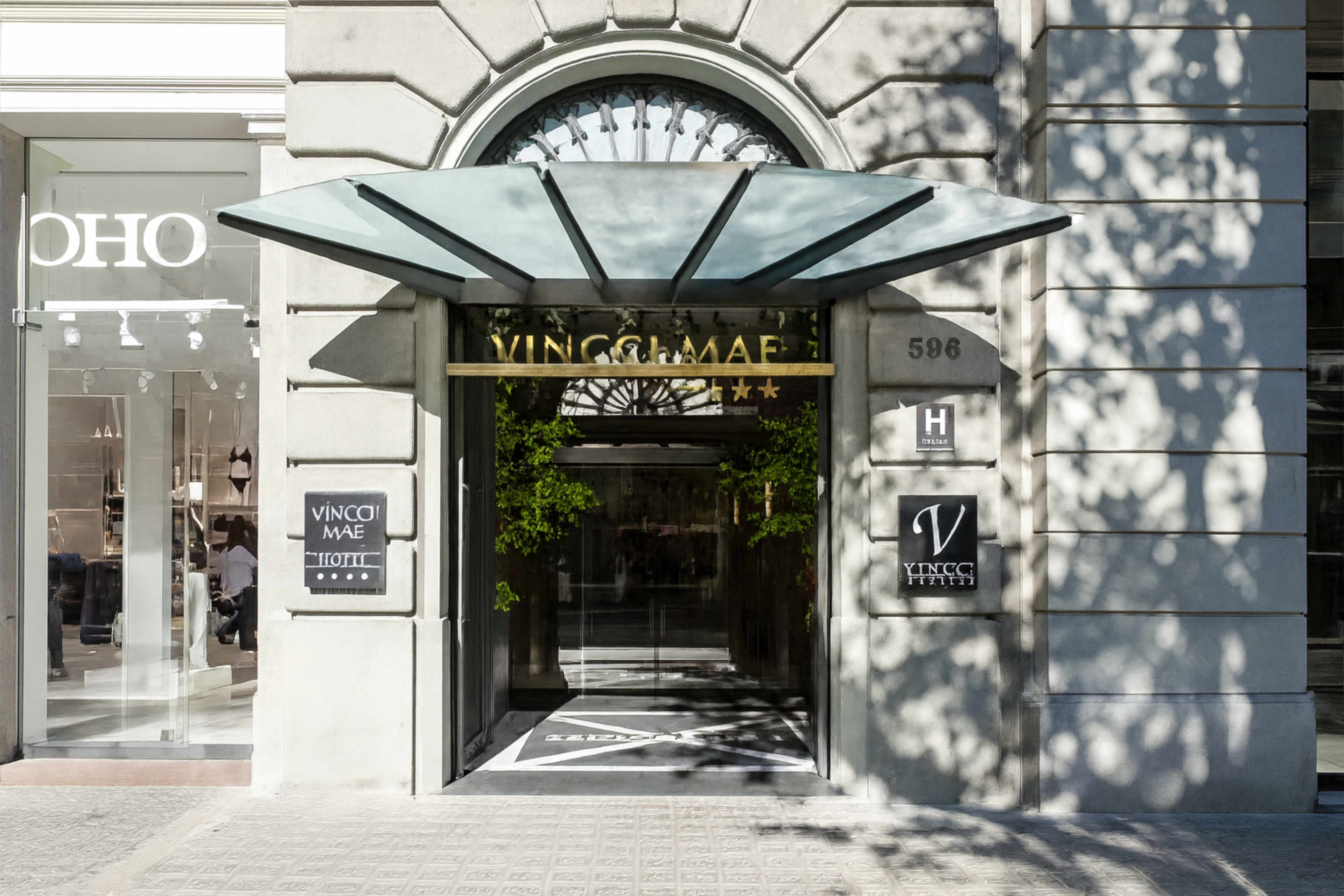
In the very heart of the city, Vincci Mae translates sustainability into metropolitan language. In addition to holding the Biosphere Certified distinction, the hotel has recently renewed its Ecostars certification, a label recognized by the Global Sustainable Tourism Council (GSTC) that precisely measures its impact on water, energy, CO₂, waste, and sustainable food.

Its roadmap includes reducing impacts on urban biodiversity, empowerment and equality policies, universal accessibility, and active collaboration with local suppliers. In Barcelona, luxury is no longer understood solely as aesthetics and service but also as coherence and transparency.
Microguide to turn decisions into experiences.
This microguide is a practical invitation to turn every decision into an act of care. It’s not about seeking perfection but about making progress toward more conscious tourism.

- Design your rest: Choose hotels with verified certifications like Biosphere Certified and request information about consumption per stay.
- Track your impact: Prioritize low-carbon routes with trains, public transportation, or soft mobility.
- Taste the territory: Opt for local products and menus that reduce waste.
- Choose fairly: Stay in accommodations that ensure quality employment, equality, and accessibility.
- Measure and improve: Keep a “footprint budget” with simple metrics like liters of bottled water avoided or percentage of spending in local businesses.
Beach and city, a purposeful combination.
Combining Costa Adeje and Barcelona is not just a contrast, it’s linking two sustainability ecosystems recognized by Biosphere.
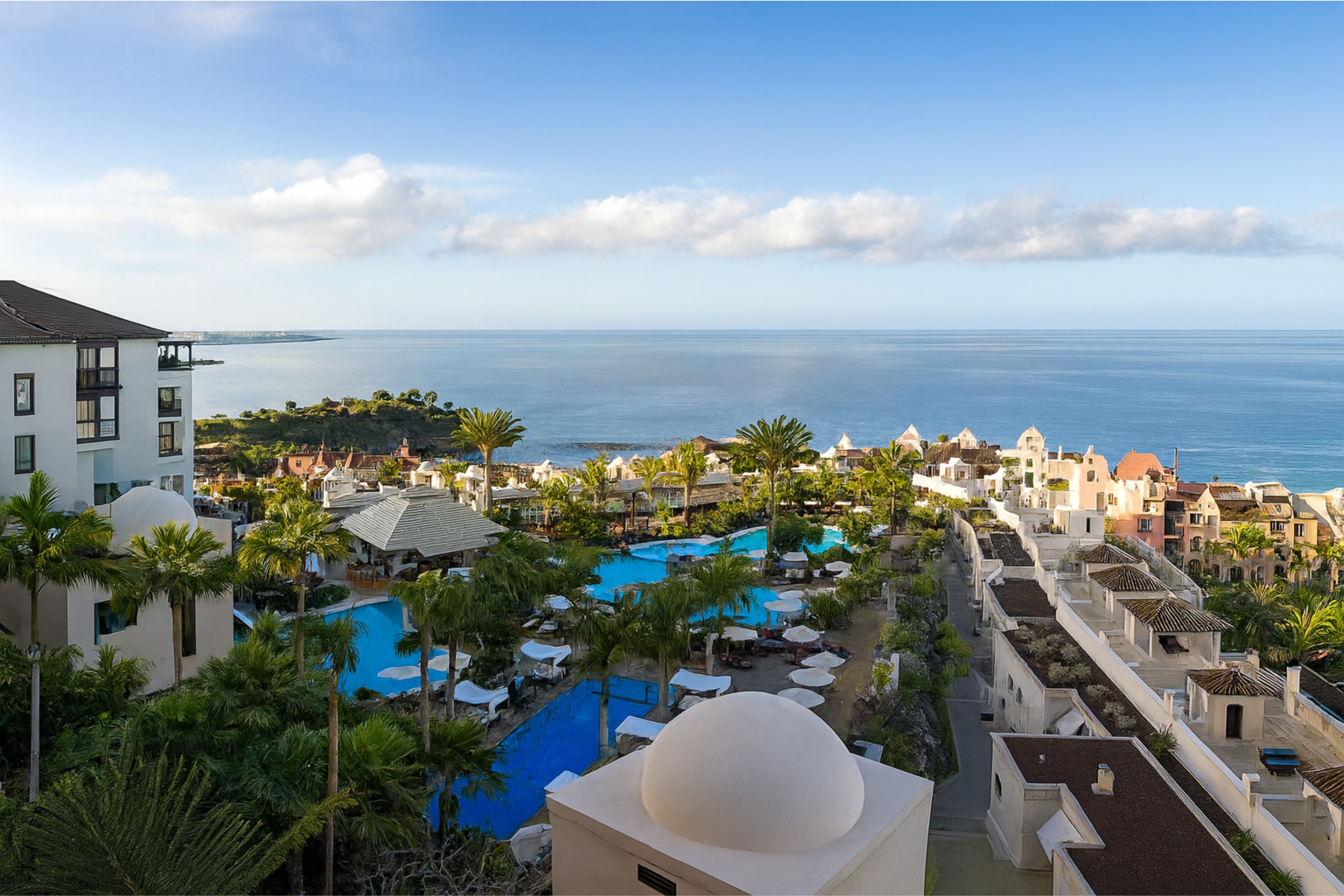
In Tenerife, a tourist destination that holds the Biosphere Certified designation, sustainable practices are ensured to be implemented and verified—an initiative by the Island Council of Tenerife and Turismo de Tenerife to reduce the tourism footprint and protect biodiversity.

Barcelona, meanwhile, holds the Biosphere Platinum distinction, reserved for destinations where public administration and the private sector work together to transform lifestyles and consumption models. From the Barcelona City Council and the Tourism Consortium, shared governance is promoted with measurable objectives and a network of affiliated companies advancing toward real sustainability.
By choosing these hotels and destinations, travelers turn their rest into a coherent narrative: native gardens by the ocean, energy efficiency in the heart of the city, equal opportunities in teams, and support for local economies.
Travel should be the elegance of leaving the world better.
Traveling between beach and city without giving up luxury is possible when comfort is supported by transparency, efficiency, and shared well-being. Every booking is a vote for a fairer, more conscious tourism model.
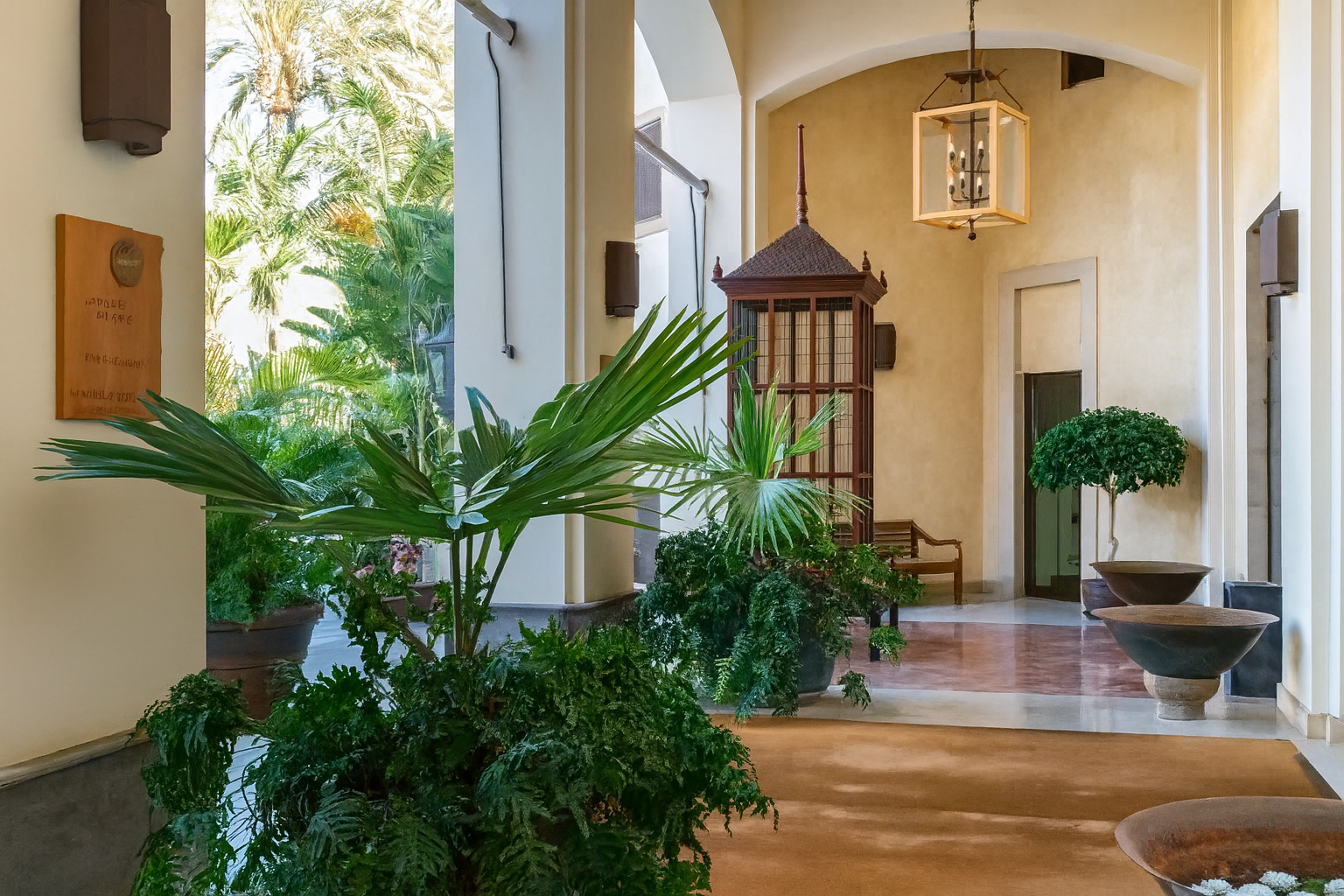
Sustainable luxury is not a passing trend, it is a new culture of care that turns rest into legacy. Choosing establishments with certifications like Biosphere Certified transforms the desire to travel into an act that is not only beautiful but also just.
The cases of Tenerife and Barcelona demonstrate how luxury tourism can align with the United Nations Sustainable Development Goals (SDGs). In particular, SDG 11 on Sustainable Cities and Communities, SDG 12 on Responsible Consumption and Production, and SDG 13 on Climate Action. Biosphere contributes to this global framework by providing verifiable management tools that enable hotels and destinations to measure, improve, and communicate their progress in sustainability.
Photos: Vincci Hoteles















